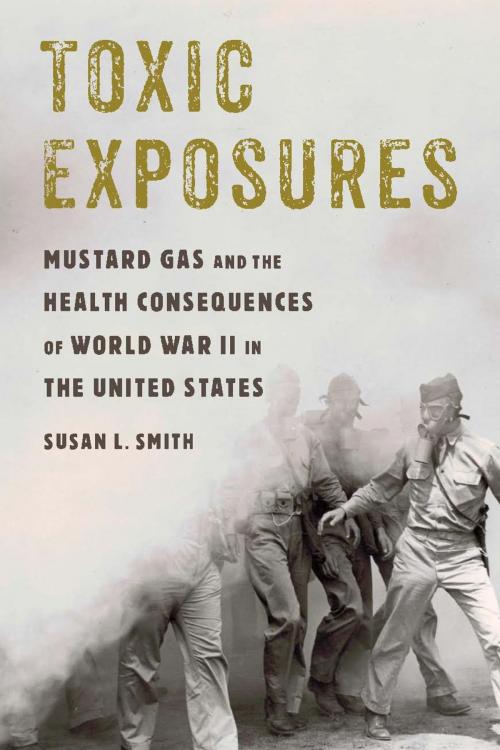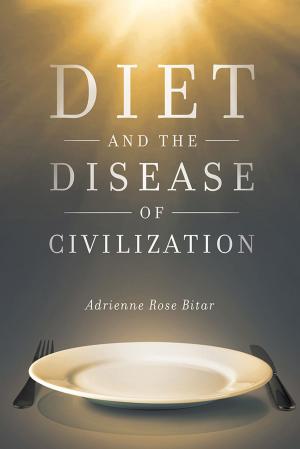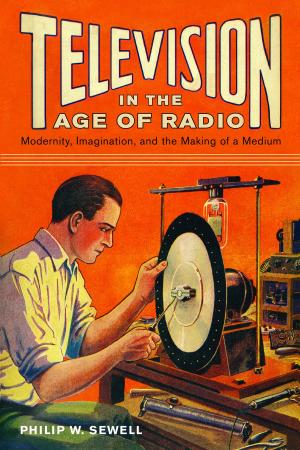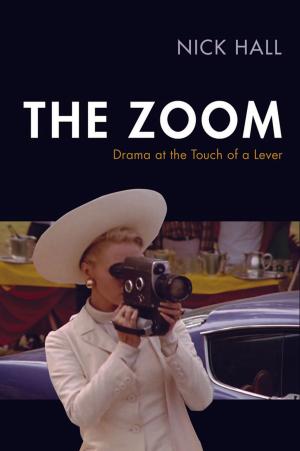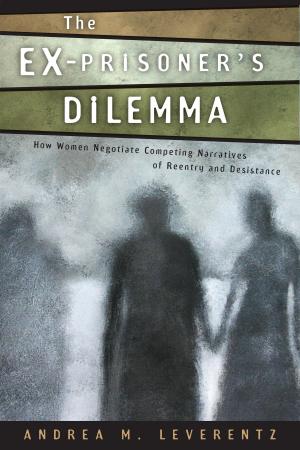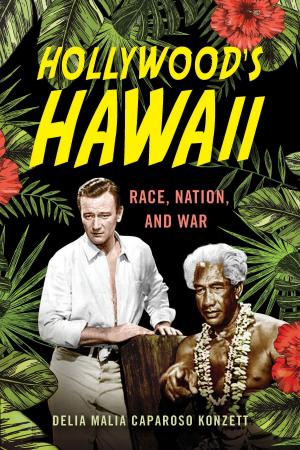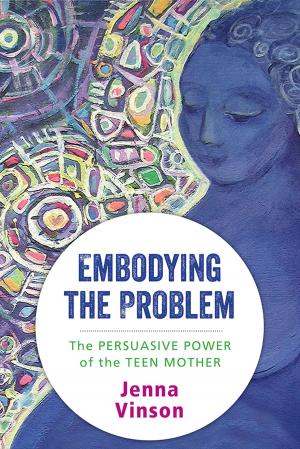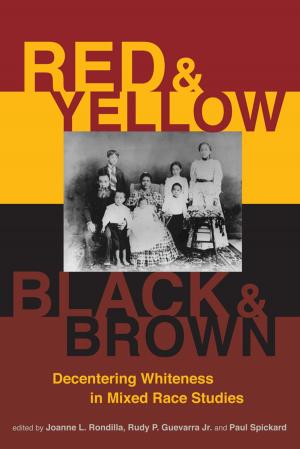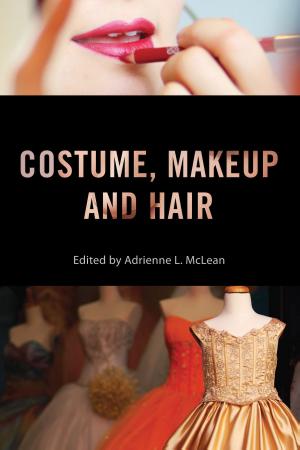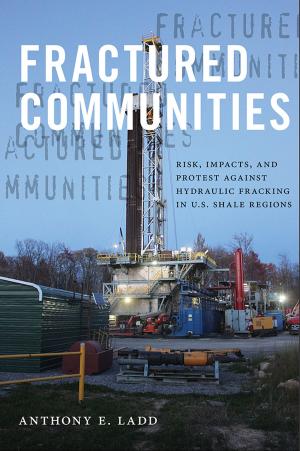Toxic Exposures
Mustard Gas and the Health Consequences of World War II in the United States
Nonfiction, History, Military, Biological & Chemical Warfare, Health & Well Being, Medical, Reference| Author: | Susan L. Smith | ISBN: | 9780813586113 |
| Publisher: | Rutgers University Press | Publication: | January 17, 2017 |
| Imprint: | Rutgers University Press | Language: | English |
| Author: | Susan L. Smith |
| ISBN: | 9780813586113 |
| Publisher: | Rutgers University Press |
| Publication: | January 17, 2017 |
| Imprint: | Rutgers University Press |
| Language: | English |
Mustard gas is typically associated with the horrors of World War I battlefields and trenches, where chemical weapons were responsible for tens of thousands of deaths. Few realize, however, that mustard gas had a resurgence during the Second World War, when its uses and effects were widespread and insidious.
Toxic Exposures tells the shocking story of how the United States and its allies intentionally subjected thousands of their own servicemen to poison gas as part of their preparation for chemical warfare. In addition, it reveals the racialized dimension of these mustard gas experiments, as scientists tested whether the effects of toxic exposure might vary between Asian, Hispanic, black, and white Americans. Drawing from once-classified American and Canadian government records, military reports, scientists’ papers, and veterans’ testimony, historian Susan L. Smith explores not only the human cost of this research, but also the environmental degradation caused by ocean dumping of unwanted mustard gas.
As she assesses the poisonous legacy of these chemical warfare experiments, Smith also considers their surprising impact on the origins of chemotherapy as cancer treatment and the development of veterans’ rights movements. Toxic Exposures thus traces the scars left when the interests of national security and scientific curiosity battled with medical ethics and human rights.
Mustard gas is typically associated with the horrors of World War I battlefields and trenches, where chemical weapons were responsible for tens of thousands of deaths. Few realize, however, that mustard gas had a resurgence during the Second World War, when its uses and effects were widespread and insidious.
Toxic Exposures tells the shocking story of how the United States and its allies intentionally subjected thousands of their own servicemen to poison gas as part of their preparation for chemical warfare. In addition, it reveals the racialized dimension of these mustard gas experiments, as scientists tested whether the effects of toxic exposure might vary between Asian, Hispanic, black, and white Americans. Drawing from once-classified American and Canadian government records, military reports, scientists’ papers, and veterans’ testimony, historian Susan L. Smith explores not only the human cost of this research, but also the environmental degradation caused by ocean dumping of unwanted mustard gas.
As she assesses the poisonous legacy of these chemical warfare experiments, Smith also considers their surprising impact on the origins of chemotherapy as cancer treatment and the development of veterans’ rights movements. Toxic Exposures thus traces the scars left when the interests of national security and scientific curiosity battled with medical ethics and human rights.
